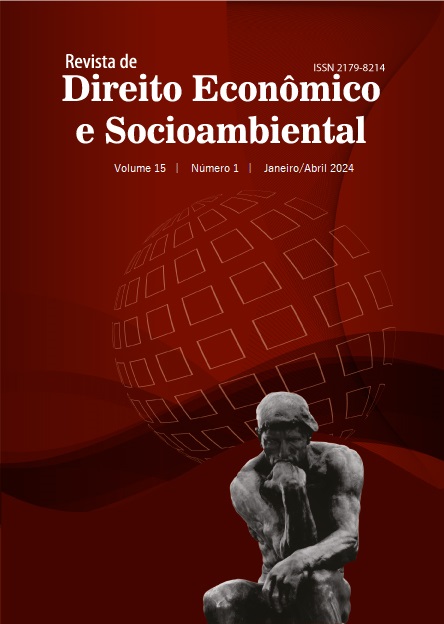Medicines patents and neglected diseases: the double victimization of poverty in Brazil
DOI:
https://doi.org/10.7213/revdireconsoc.v15i1.29846Keywords:
medicines; neglected disease; patents; right to health; poverty.Abstract
This work investigates the consequences of the patent system on public health from the implications on the production and development of medicines, starting from the object of study “neglected diseases” centered on the Brazilian context. As a method of approach, the deductive approach was chosen because it starts from concepts and norms that involve the right to health and medication, going through the economic, legal and political implications brought by patents, to then arrive at neglected diseases and identify the implications of this system about them. It was concluded that on neglected diseases, drug patents produce an oligopoly of pharmaceutical industries that artificially manipulate drug prices, work with the scarcity of raw materials only because they do not bring the desired profit and, consequently, the status is maintained of neglected disease due to the shortage of medicines and effective treatments. In addition, it makes diseases that were previously eradicated reappear by running out of supply in the public health system, generating a double victimization of the poor population because they are ignored by the pharmaceutical industry, which has no interest in producing medicines for a population that will not have the financial conditions to buy the drug.
Downloads
Downloads
Published
How to Cite
Issue
Section
License
Copyright (c) 2024 Pablo Domingues, Isabel de Gregori

This work is licensed under a Creative Commons Attribution 4.0 International License.
Authors who publish in this Journal agree to the following terms:
- Authors retain copyright and grant the Journal of Economic and Socio-Environmental Law the right of first publication with the article simultaneously licensed under the Creative Commons - Attribution 4.0 International which allows sharing the work with recognition of the authors and its initial publication in this Journal.
- Authors are able to take on additional contracts separately, for non-exclusive distribution of the version of the paper published in this Journal (eg.: publishing in institutional repository or as a book), with a recognition of its initial publication in this Journal.
- Authors are allowed and encouraged to publish their work online (eg.: in institutional repositories or on their personal website) at any point before or during the submission process, as it can lead to productive exchanges, as well as increase the impact and the citation of the published work (see the Effect of Open Access).





















